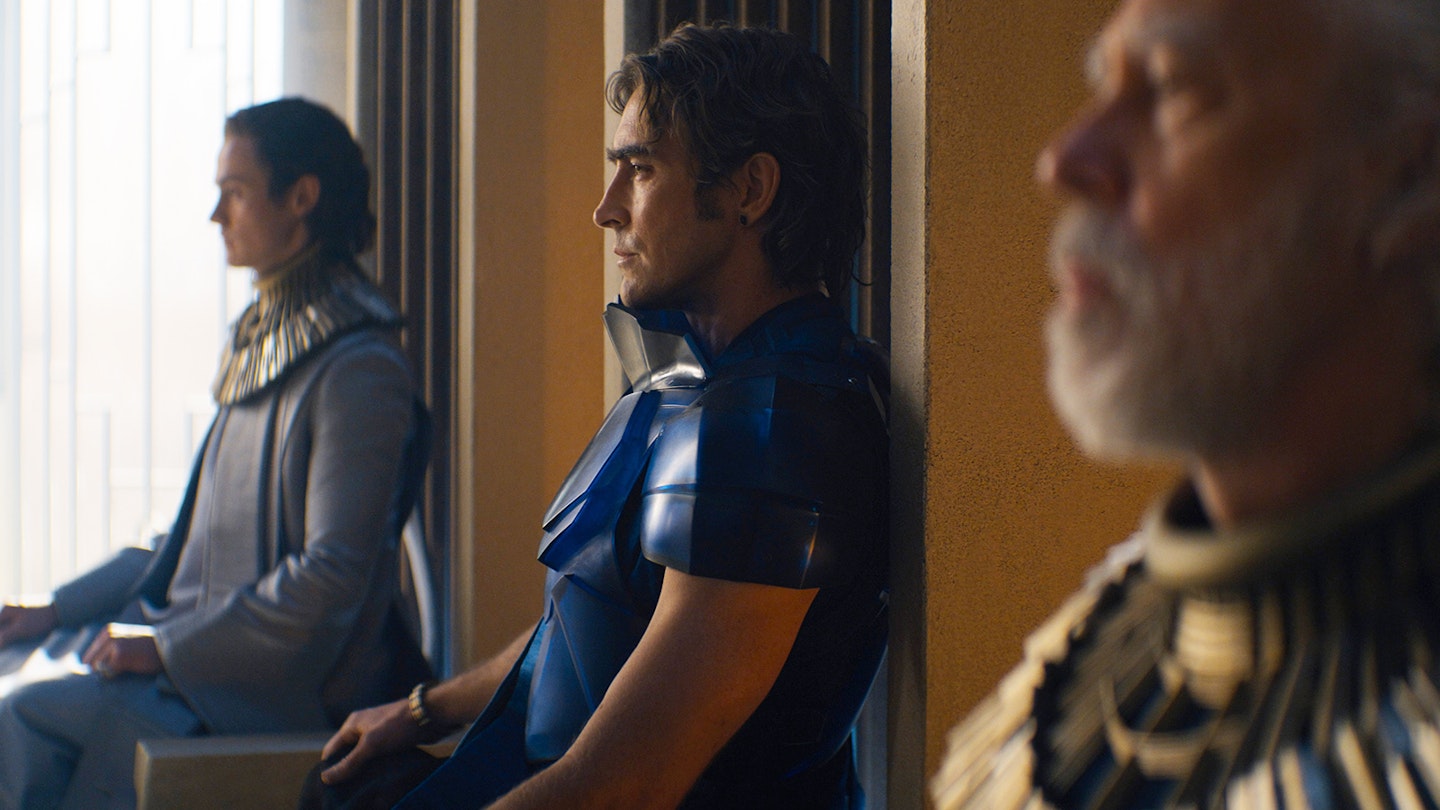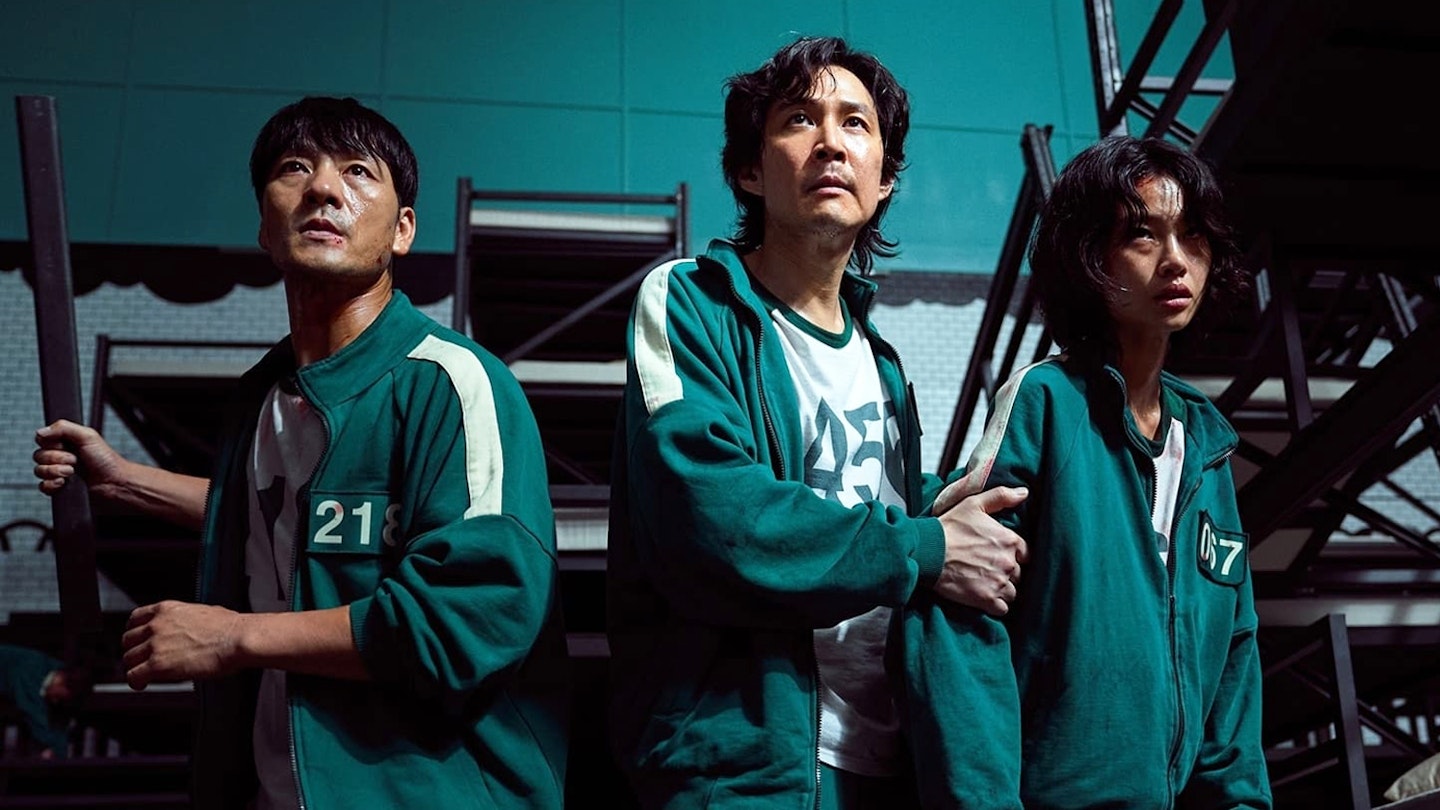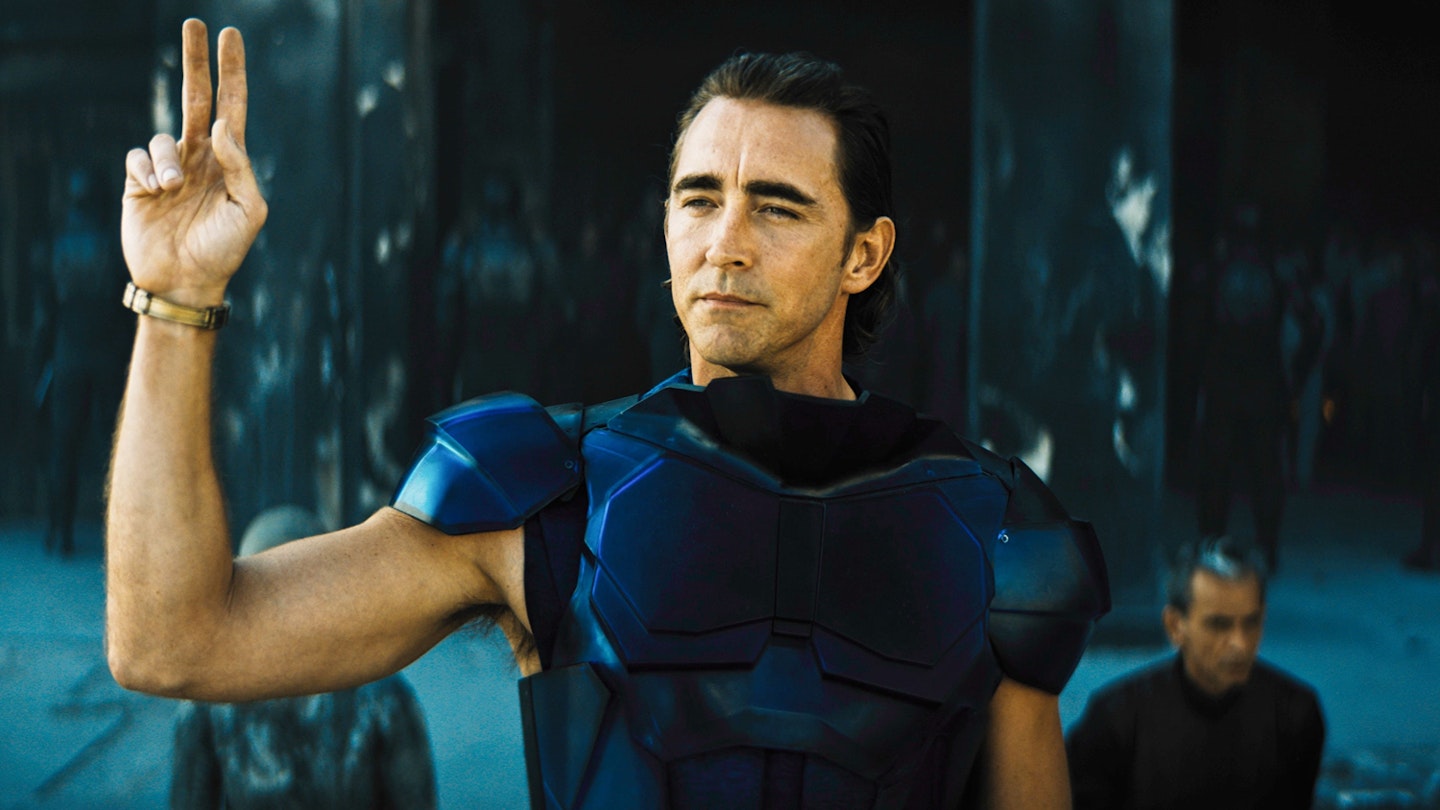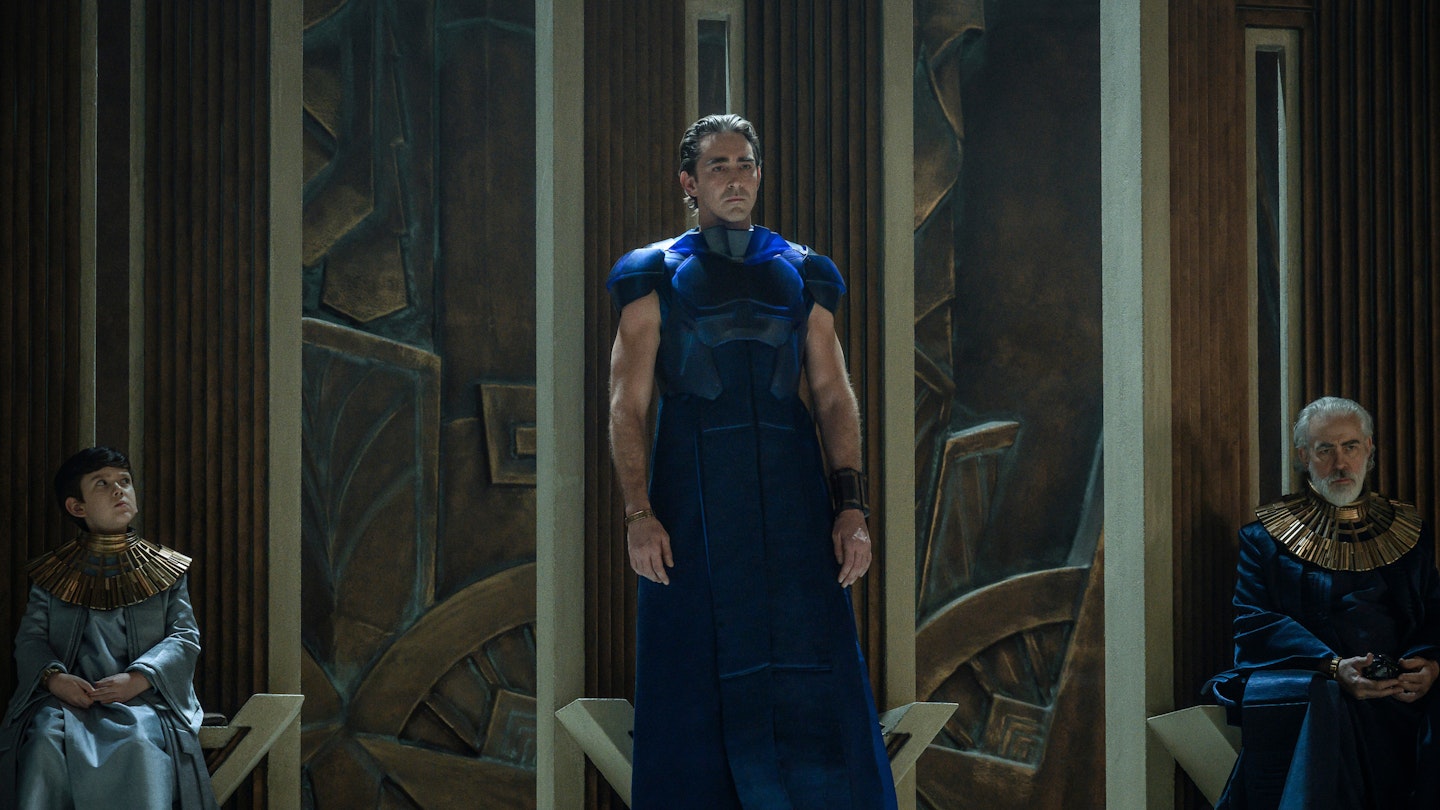Streaming on: Apple TV+
Episodes viewed: 10 of 10
Science fiction shows used to visit a planet of the week, or introduce a fresh alien race in each instalment. They didn’t create one world and dig deep into it, because it would require too much investment from fans and lock out casual viewers. This adaptation of Isaac Asimov’s seminal sci-fi work doesn’t care about any of that, creating a vast universal civilisation and then tearing it down according to the arcane schedule predicted by a revolutionary form of mathematics. In TV form, showrunners David Goyer and Josh Friedman bring this high concept to life, watch its inhabitants squirm and throw a few more disasters into the mix. It’s big, beautiful and coldly fascinating.
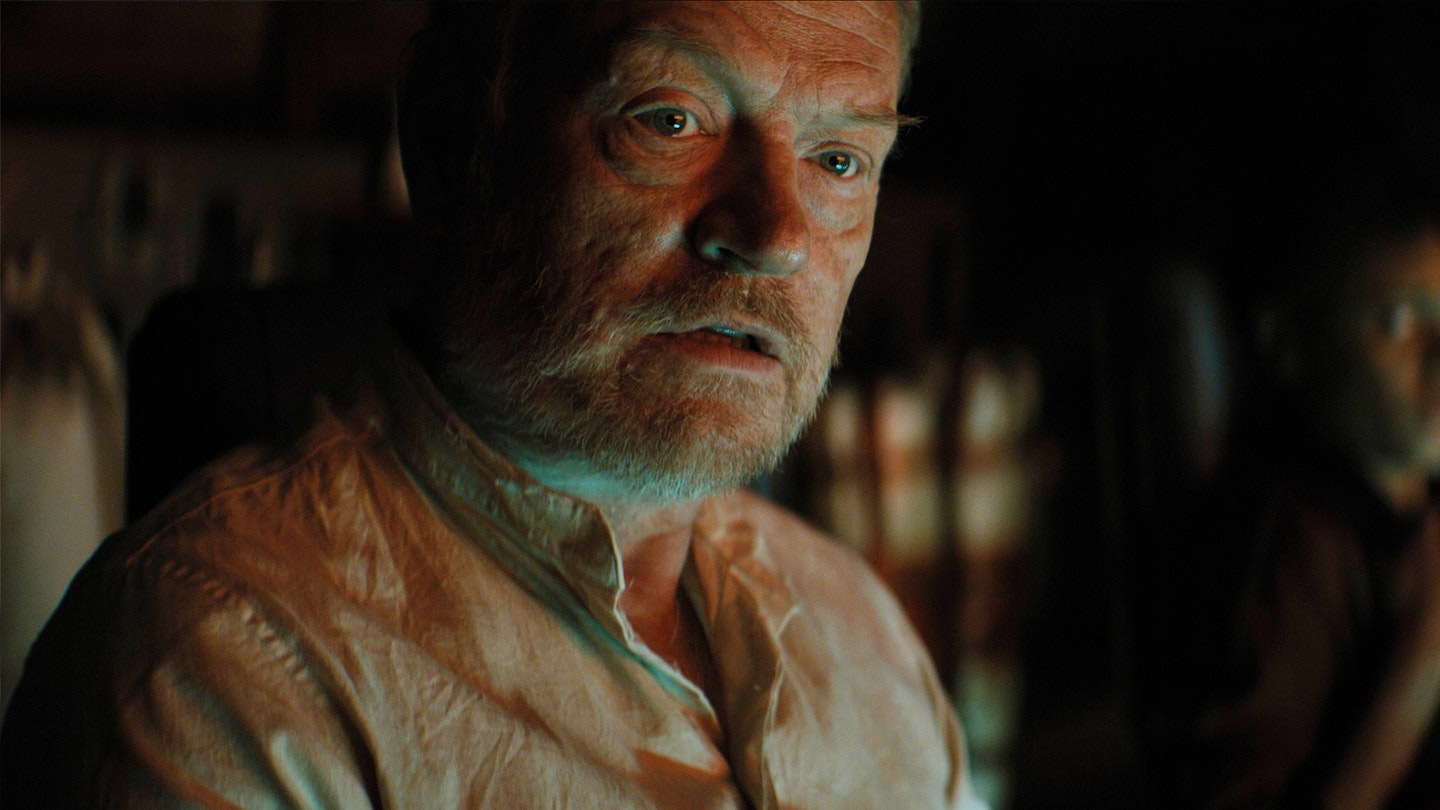
As the predictions of the prognosticating maths called ‘psychohistory’ are fulfilled and a galactic Empire begins to fall apart, laws fail and local despots rise; reading falls away and information becomes fractured. No modern parallels there, then. The worry for psychohistory founder Hari Seldon (Jared Harris) this season is that his planned Second Foundation, the one that would hold the psychohistorians themselves to account, has not been established, so he pressures his reluctant colleague Gaal Dornick (Lou Llobell) and inspired fighter Salvor Hardin (Leah Harvey) to look for a suitable home. Instead, they run into a formidable new character played by Rachel House – even while the Empire turns its attentions to Seldon’s original base on the planet Terminus.
Hard sci-fi can be sexy. It just took a while to figure it out.
One of the fun sci-fi elements of this show – though it could prove hard to sustain for many more seasons – is the way it has transported its original cast through centuries. The fact that some are holograms, robots or clones helps, but even the living humans rejoin here after 100 years in cryosleep. That allows epic, epochal scale but also continuity, giving us a few figures to cling to amid the gigantic stakes. It's also particularly satisfying to chart the devolution of the various Emperor Cleons. Cloned over and over, and played through various ages by Terrence Mann, Lee Pace and Cassian Bilton, in all his incarnations the character seesaws between idealism and tyranny, hope and fury. He’s wildly charismatic, but his descent into oedipal struggle and impotent rage neatly reflects his Empire’s disintegration.
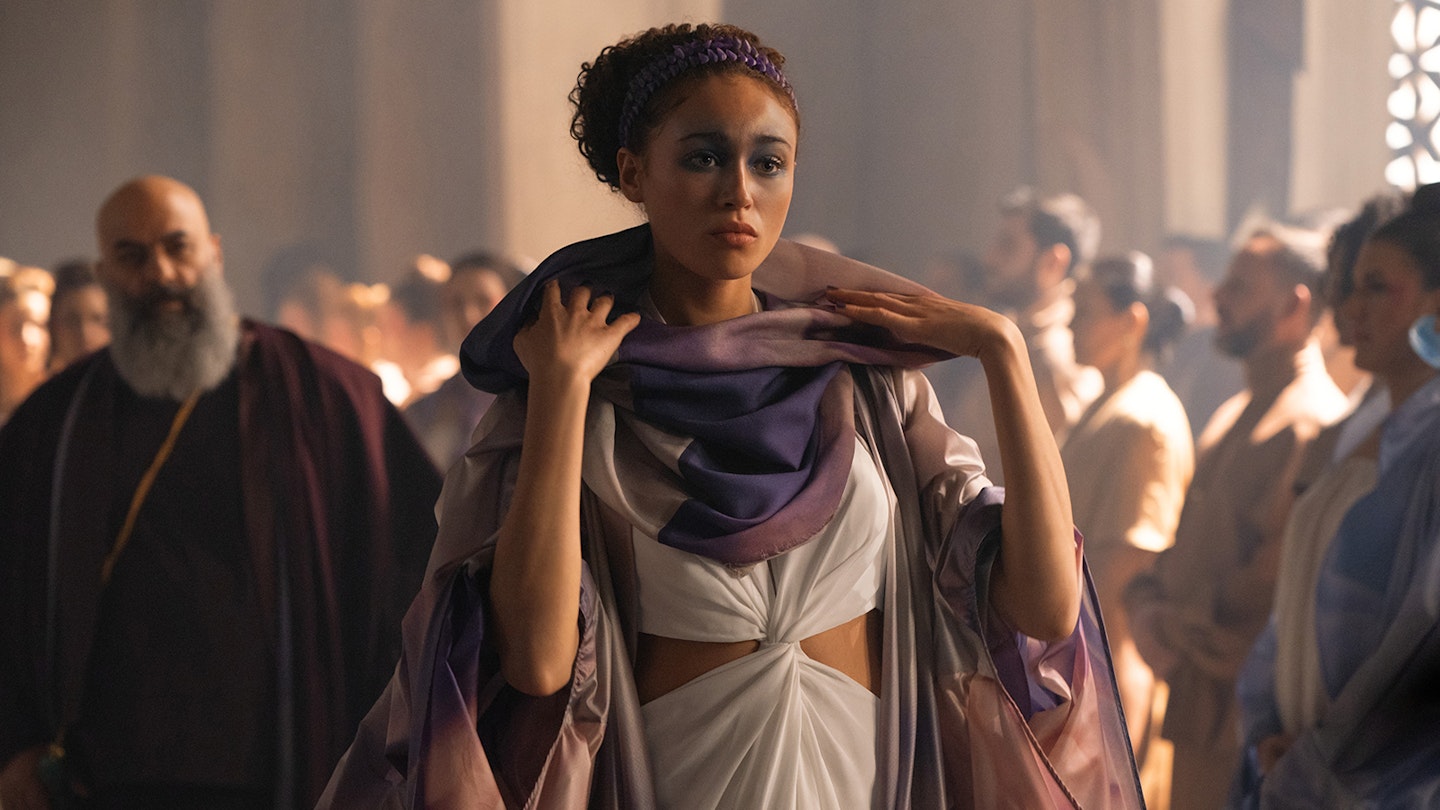
Already the show is tethered to Asimov's books by the finest of threads, more character names and concepts than actual plot, but that's to its credit. Asimov was an extraordinarily smart writer but had little interest in character psychology (beyond robots), nor could he conceive of something like women having desires. The show has gender and race-swapped with abandon to correct the latter, and introduced far more messy grey areas for its protagonists to play in. Even Seldon is not really a hero now; he’s too driven, too obsessively focused on sacrificing any number of few to save the greater many.
The result can be dense and does require the attention that TV networks once feared asking for, but it repays the investment. Harris’ obsession, Pace’s fury and Llobell’s fear ensure it always feels like a human story. But there’s also cool tech, huge space battles and elegantly imposing design to see, not to mention an eye-opening naked fight scene. Hard sci-fi can be sexy. It just took a while to figure it out.
